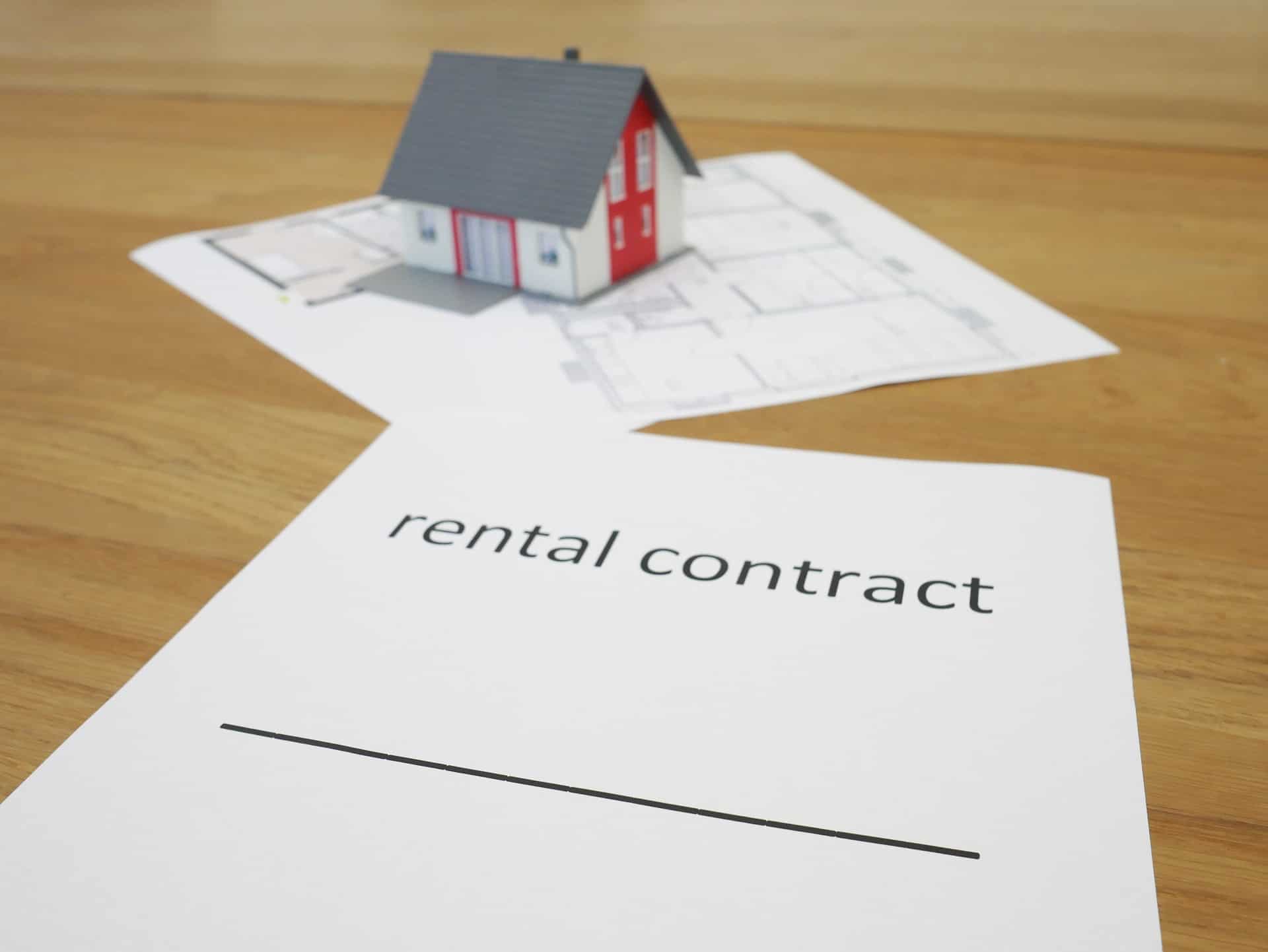Under the new Private Residential Tenancy (PRT), the tenant is now able to give notice any time after the start date of the lease. The tenant must give the landlord minimum 28 days’ notice and in writing.
If the landlord wishes to give notice, they must adhere to the new eviction orders for a legitimate reason (detailed below). Notice period given by the landlord depends on which grounds for eviction are given and also the length of time that the tenant has stayed in the property. For the majority of grounds, the landlord must give 28 days’ notice if the tenant has stayed in the property for 6 months or less. If the tenants have lived in the property for more than 6 months then they must give 84 days’ notice. For grounds 10-15, the landlord can give 28 days’ notice regardless of how long the tenant has been in the property.
Removal of the ‘no-fault’ ground for repossession
One of the key amendments brought about by the PRT is the removal of the ‘no-fault’ ground for repossession. In plain English, this basically means that the landlord will be unable to simply ask a tenant to leave once the date of the tenancy agreement expires. Below summarises the grounds for eviction in which a landlord is able to ask a tenant to leave.
Different grounds for eviction:
Please note:
Mandatory grounds are in normal print
Discretionary grounds are in italics (when the tribunal agrees that the ground does exist, however the tribunal will still decide whether an eviction order will be granted. The landlord can choose whether to include these)
- Landlord intends to sell the property at market value within 3 months of tenant ceasing to live in the property
- The mortgage lender will be selling the property
- Landlord intends to refurbish which will involve major disruptive works
- Landlord intends to live in the property as their main residence
- Family member intends to live in property as their main residence
- Landlord intends to use property for non-residential or commercial use
- Property required for a religious worker and will be used for these duties
- Tenant is no longer the landlord’s employee (mandatory if application made within 12 months of tenant ceasing to be an employee)
- Tenant does not require supported accommodation anymore
- Tenant is no longer occupying the property
- Tenant has breached part of the tenancy agreement (but not rent arrears – separate ground for this)
- Tenant is in rent arrears for over 3 consecutive months (mandatory if on day of tribunal hearing tenant owes at least one months’ rent and arrears are not related to delay/failure in benefit payment)
- Tenant convicted of an offence committed at/near property or convicted of using property for immoral/illegal purpose
- Tenant has participated in anti-social manner
- Tenant associates with someone who has a criminal conviction or who has engaged in anti-social behaviour in the property
- Landlord has had their registration revoked or has been refused registration
- Landlord’s has had their HMO licence revoked
- Landlord has been serviced with an overcrowding statutory notice
The landlord needs to serve the tenant with a ‘notice to leave’ and must inform the tenant which eviction ground applies. The notice period will only begin 48 hours after it was sent by the landlord, therefore allowing time for the tenant to receive it whether by post/email or hand delivered through letterbox.












Apologies, please ignore the comment above – error in training materials provided to me
Hi. If some one can explain me how short let look know. Gumtree all rent is less than 5 months. Are there landlords are better protected, because now we are slaves of the tenants.